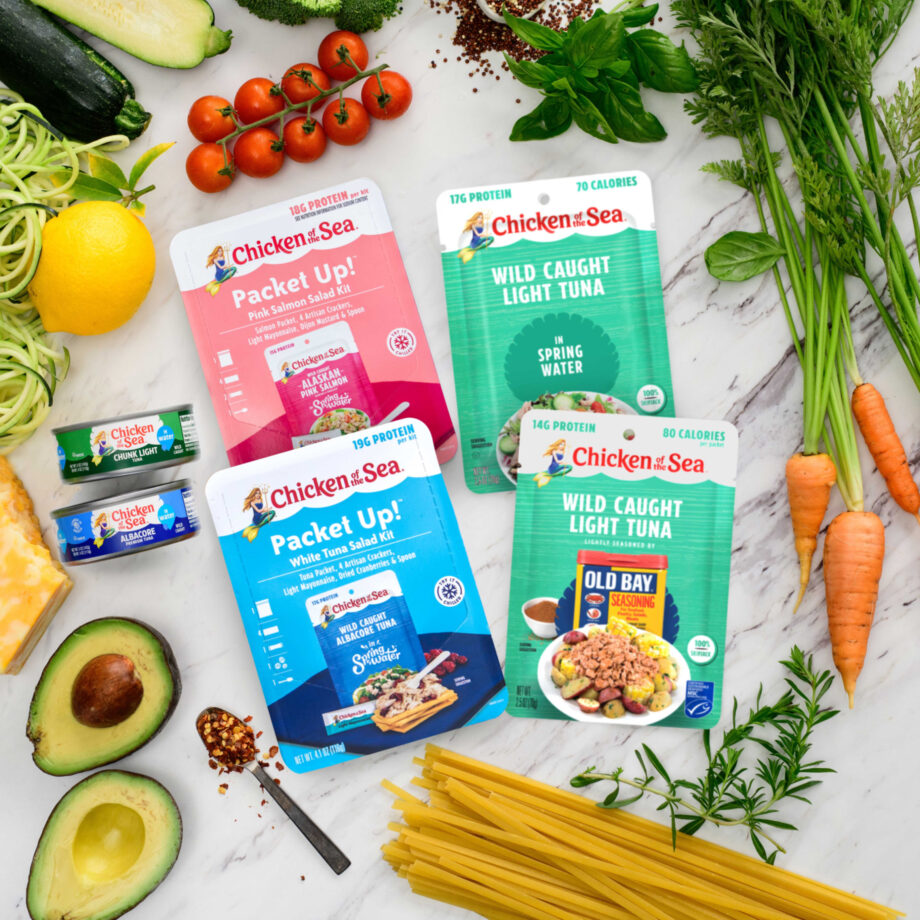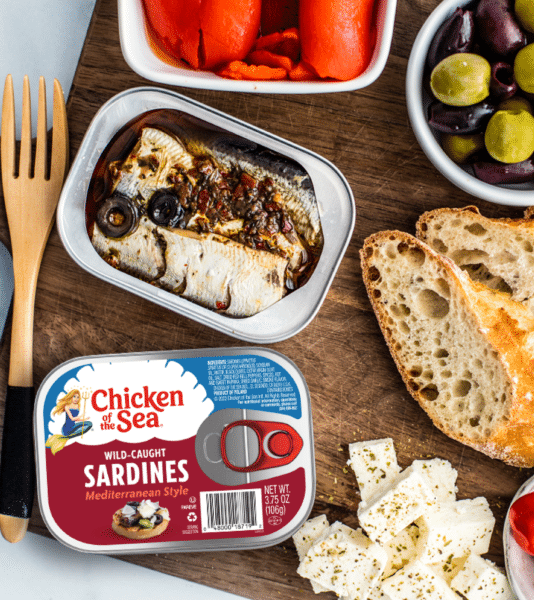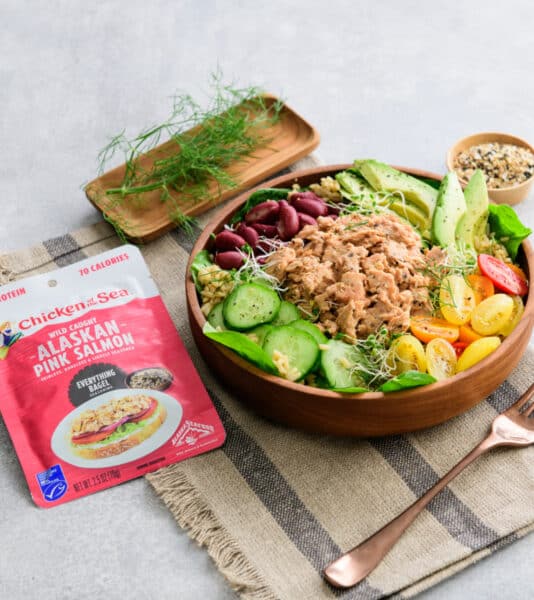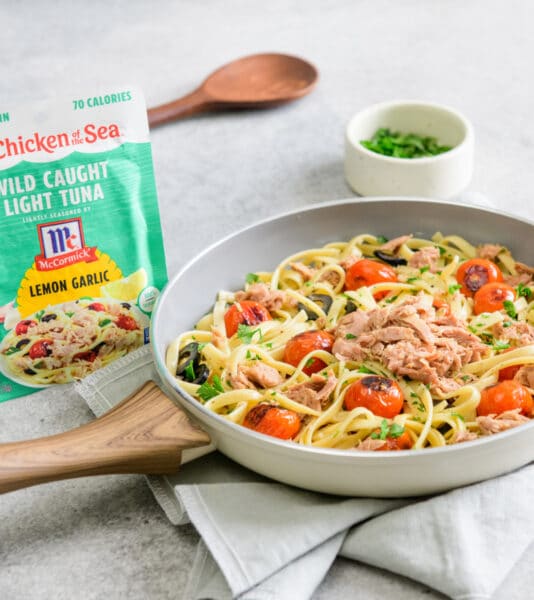Yes, tuna is a complete protein. A protein is defined as being “complete” if it contains all 9 of the essential amino acids the human body cannot produce on its own. In fact, tuna is nearly a pure-protein food, with about 90% of the calories in canned tuna coming from protein. This is because tuna is very low in calories and fat. In addition to being an excellent source of protein , tuna is a good source of omega-3 fatty acids DHA and EPA for heart health and is rich in vitamin D, and vitamin B-12, and minerals such as iron, selenium, calcium, and potassium.
Getting enough protein in your diet is an important part of staying healthy, especially if you’re active. But it’s also crucial to make sure you’re eating the right kind of protein—specifically, complete protein.
What is Protein? And What’s a Complete Protein?
Proteins are macronutrients that are essential to many functions in your body. They are complex molecules made up of smaller molecules called amino acids. There are 20 different amino acids, and the human body can make 11 of them all on its own. The remaining 9 amino acids have to come from foods we eat, which is why they’re sometimes called essential amino acids.
A protein is defined as being “complete” if it contains all 9 of the essential amino acids that the human body can’t produce on its own. These are the 9 essential amino acids:
- Histidine
- Isoleucine
- Leucine
- Lysine
- Methionine
- Phenylalanine
- Threonine
- Tryptophan
- Valine
All animal products—meat, fish, and dairy—are complete proteins. Plant-based protein sources (think beans, nuts, legumes, and whole grains) are typically “incomplete.” You can make a complete protein from incomplete protein sources by combining two or more foods, for example by eating peanut butter on whole-grain toast or beans with rice.
How Much Protein is in Tuna?
Tuna fish is almost pure protein. In fact, about 90% of a can of tuna calories come from protein. Here’s how: a 113-gram serving of chunk light tuna in water contains 23 grams of protein, 100 calories, zero carbohydrates, zero sugars, low cholesterol, and just half a gram of fat.
One gram of low-fat protein contains about 4 calories, so 23 grams of protein is 92 calories, or 92% of the total calories. So, if you’re wondering, is canned tuna healthy? now you know that all types of tuna–including albacore tuna, skipjack, and yellowfin tuna– provide great health benefits and have a lot of protein!
So, if you’re looking to increase your intake of complete protein, it’s hard to argue with tuna. With so much pure, complete protein per serving and so little fat, tuna provides all the essential amino acids you need.
Why is Protein Important?
The amino acids in protein help you to build muscles, skin, bones, and cartilage, and to produce key hormones and antibodies. Plus, a high protein diet can help with weight loss because it keeps you feeling full longer than carbs and fat and your body can use protein as an energy source if need be.
How Much Protein Do You Need?
According to the National Academy of Medicine, adults need a minimum of 7 grams of protein for every 20 pounds of body weight each day. So, for example,
- A 120-pound person needs about 42 grams of protein per day
- A 160-pound person needs about 56 grams of protein per day
- A 200-pound person needs about 70 grams of protein per day.
But, if you’re physically active, you’ll need more than this minimum Recommended Daily Value amount.
It’s hard to argue with canned or fresh tuna if you’re looking to increase your intake of protein. With so much pure protein per serving and so little fat, tuna provides all the essential amino acids you need.
Frequently Asked Questions
Does tuna have all 9 amino acids?
Yes, tuna contains all nine essential amino acids that our bodies cannot produce naturally. These amino acids are crucial for muscle growth and repair, making tuna an excellent post-workout meal. Additionally, tuna features omega-3 fatty acids for heart health.
Can I just eat tuna for protein?
Tuna is a good source of protein, but it’s essential to have a varied diet. While tuna provides all nine essential amino acids, relying solely on it may lead to missing out on other nutrients. Incorporate other protein-rich foods like chicken, beans, and eggs for a balanced intake.
Is canned tuna a good source of protein?
Yes, canned tuna is a great source of protein and is overall very good for you. It provides about 40 grams of protein per 5-ounce serving of tuna in oil and about 30 grams of protein per 5-ounce serving of tuna in water.
Is it okay to eat canned tuna every day?
Canned tuna is a great source of protein and other nutrients, however, variety is key for balanced, healthy eating. And, while the Food and Drug Administration states that the mercury levels in fish pose minimal risk to most Americans, the FDA recommends that children between 1-11 years old and pregnant or breastfeeding women limit their tuna intake to 8-12 oz of light tuna or 4 oz of white tuna per week.
Source:

Where to Buy
Overflowing with flavor, Chicken of the Sea packets and cans are ready for all your culinary adventures. Use our product locator to find the perfect salmon, tuna, crab or other seafood products from Chicken of the Sea.







